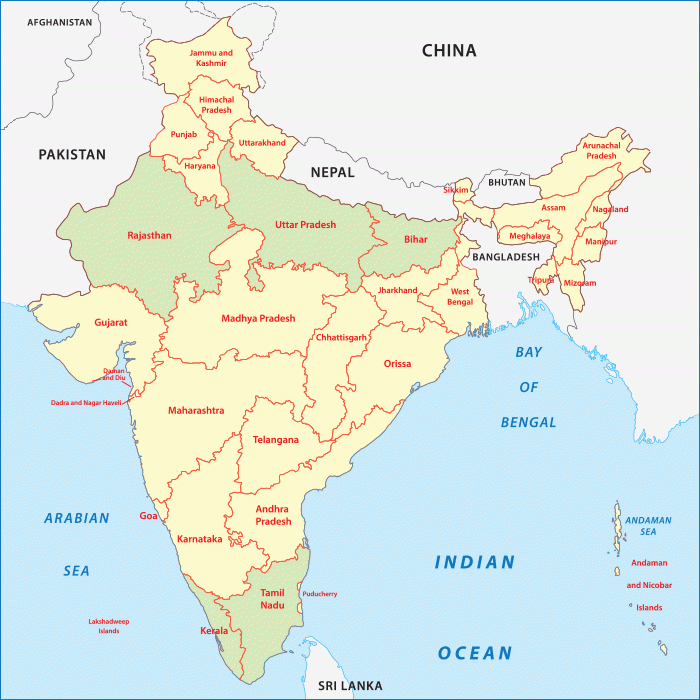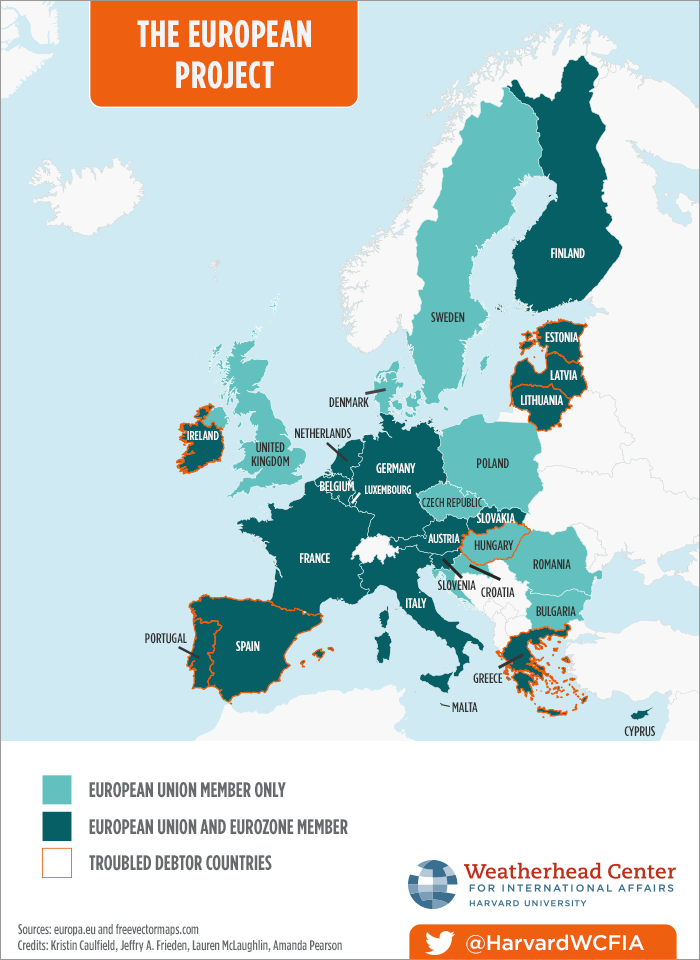RECENT POSTS
- The Serpent Mound of the Ohio Valley
- Social Technology for Aging Societies
- What Bridgerton Tells Us about Elites and Status Politics
- The (Un)Documented Immigrant
- Who Can Stop a Dictator? Resistance to the War in Ukraine
- American Protectionism: Can It Work?
- The Deal That Keeps the Oil Flowing
- Can Erdogan be Unseated?
- 1 of 16
- »
FILTER BY REGION
FILTER BY TYPE
SUBSCRIBE
SHARE
Copyright © 2024 The President and Fellows of Harvard College | Privacy | Accessibility | Digital Accessibility | Report Copyright Infringement




